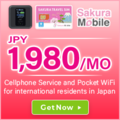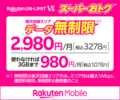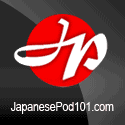Is Halal Certification Different in Japan?NAHA started its activities in 2010. Except for a few Muslim-owned stores and restaurants in major cities, there was no mention of halal in the market at the time, let alone halal-certified products. NAHA soon achieved a significant accomplishment. After six years of hard work and thousands of kilometers of travel, 43 of the 47 prefectures had been made aware of halal, and they were able to certify over 140 companies with over 500 products. The seeds planted by NAHA began to bear fruit. Many restaurants have received halal certification. With the anticipated increase in Muslim visitors to Japan, numerous public sites, including airports, shopping malls, restaurants, and hotels, began to provide prayer facilities as well. To pave the way and encourage more restaurants to serve dishes that Muslim consumers can also enjoy, NAHA developed three standards: 1- Fully Halal RestaurantsIn this case, all menu items, all ingredients, processes, cleanliness, and insect pest control are being checked, and if there are no issues, then the restaurant is certified. Non-Muslims can run this type of restaurant if they have received halal integrity training and understanding. Alcohol is not permitted to be served in the restaurant. There are only a handful of fully halal restaurants in Japan. 2- Halal Kitchen RestaurantsIn this case, all of the previously mentioned are being considered, with the exception that restaurants may sell alcohol to clients who ask for it. There should be a designated area for storing alcohol as well as for washing glasses. Any form of contamination is not permitted. 3- Muslim-Friendly RestaurantsThis standard was designed for Japan, as the country has a Muslim minority population and halal food is scarce, making it difficult for both Muslim residents and visitors to obtain halal food. In this case as well, all food ingredients used by Muslim customers will be halal-verified. All cooking and eating utensils should have a halal-designated area, and cooked halal food should be free of any non-halal contamination. Restaurants can sell alcohol or other non-halal food using separate dishes and utensils. In another blog post, the process of certifying Muslim-friendly restaurants is described in detail. In all three standards mentioned, the owner and chef can be non-Muslim. Above all, it depends on each individual's level of Taqwa toward Allah Almighty. So, if any Muslim has a higher Taqwa and has not agreed to any of the foregoing methods of certification, we strongly advise against dining in this type of eatery. At the end of the day, we all have to answer to Allah Almighty for our own deeds. Disclaimer: We, at the Nippon Asia Halal Association, are a group of Muslim Food Scientists and Mufti Level Religious Scholars who are very much practicing Muslim as best of our efforts (IJTIHAD) and a lot of trainings from JAKIM, MUI, MUIS, UAE, and Saudi Arabia. The purpose of certifying this kind of restaurant is to serve the Muslim community in Japan. We will take responsibility for our decision to certify halal food and restaurants. We are human beings. For unintentional mistakes, we ask forgiveness of Allah Almighty. Halal Certification Process By NAHA JapanAccording to the Nippon Asia Halal Association, an audit is conducted before the halal certificate is issued. This applies to a variety of settings, including restaurants and manufacturing facilities. The process is as follows: 1- Meeting with the client to understand the products and ingredients 2- Pre-audit to better understand the production process for producing halal items. During the pre-audit, the process includes:
4- Report writing 5- Review of the report 6- Halal certification issuance Halal And Muslim-Friendly Certificates' Duration There are three types of certificates for products:
Regardless of the validity date, unannounced audits are also being conducted. We try our best to ensure the Halal and Tayyabness of ingredients and processes. For any further inquiries, please reach out to NAHA via the following contacts:
0 Comments
Leave a Reply. |
Halal In Japan
|
|
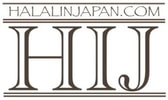
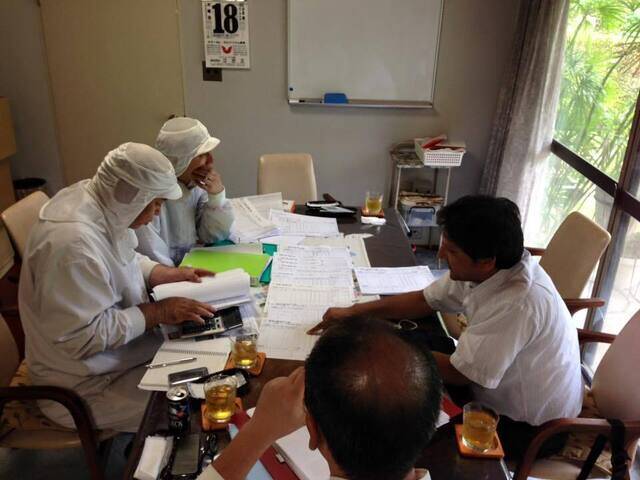
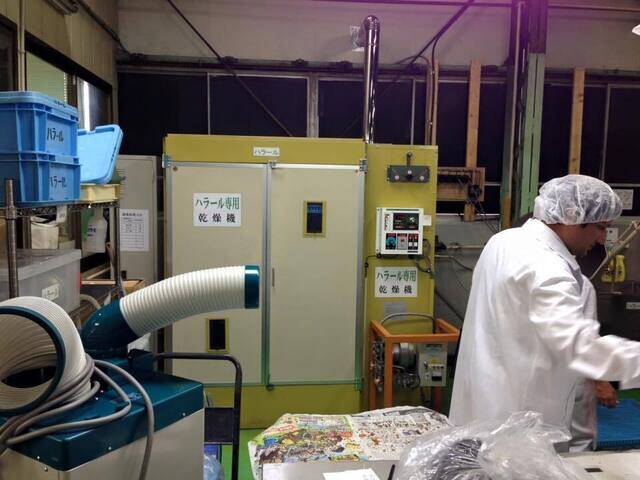
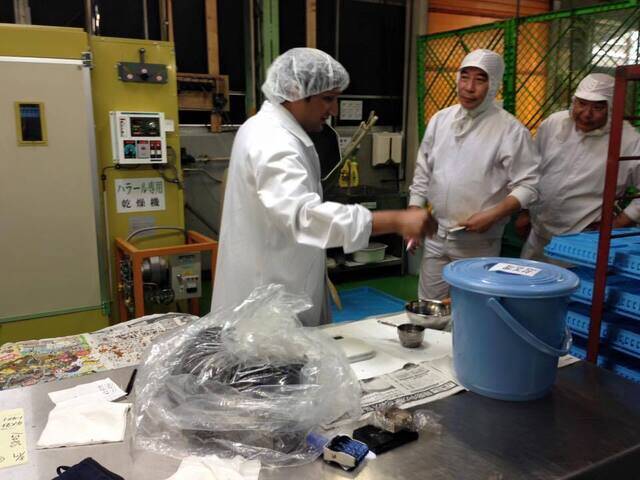
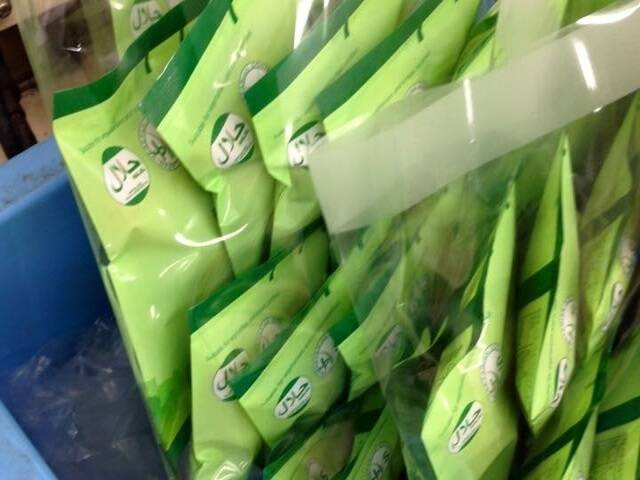

 RSS Feed
RSS Feed
